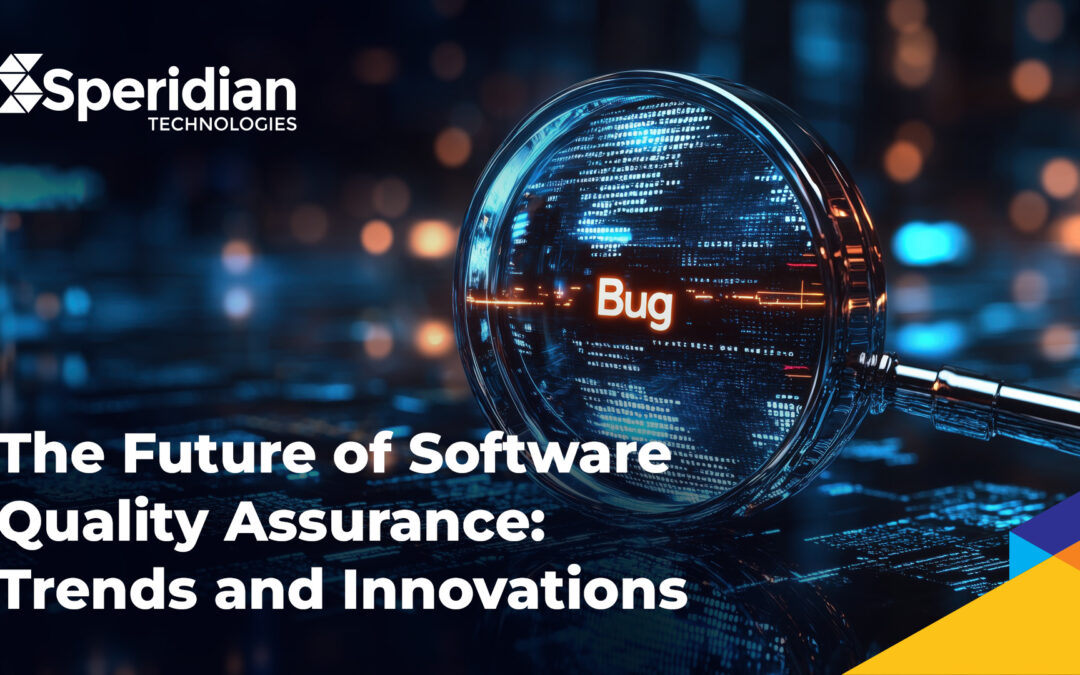Table of Contents
Introduction: Rethinking Software Quality for a Digital-First Future
As digital transformation accelerates, businesses are under pressure to deliver seamless, high-performing applications at scale. In this fast-paced environment, software quality assurance (SQA) is no longer just a checkpoint at the end of the development cycle, it’s a strategic discipline embedded across the lifecycle. Traditional QA testing practices struggle to match the speed and complexity of modern systems, pushing organizations to adopt more intelligent and integrated quality assurance approaches.
So how are top software testing companies, QA consultants, and IT Quality Assurance services preparing for what’s next?
Emerging Trends in Software Testing and Quality Assurance
The QA landscape is evolving rapidly, driven by automation, AI, and a growing demand for continuous delivery. Below are key trends shaping the future of software testing services and quality assurance software testing.
1. AI-Powered Test Automation
Modern test automation services are increasingly powered by AI and machine learning. These technologies enable:
- Self-healing test scripts
- Automated software tests that adapt to UI/UX changes
- Predictive analytics to anticipate failures before deployment
This shift empowers companies involved with software development to reduce manual intervention, increase speed, and scale QA efforts across enterprise environments.
2. End-to-End Quality Assurance Management
Organizations are embracing holistic quality assurance management solutions to monitor and control quality across the entire development lifecycle. With tools for real-time defect tracking, risk analysis, and performance insights, quality management solutions are ensuring that quality is engineered—not just tested.
Whether it’s manual testing, functional testing, or performance testing, businesses are adopting integrated platforms to centralize and scale their QA testing services.
3. Rise of Low-Code and No-Code QA
With the rise of agile development and low-code platforms, software quality assurance must keep pace. New test automation services now offer intuitive interfaces that enable business users to design and run tests without writing code, further democratizing QA practices.
This is particularly beneficial for organizations looking to scale QA efforts without ramping up headcount.
From QA to Quality Engineering: A Strategic Shift
The traditional role of a QA tester is transforming into that of a quality assurance consultant or engineer—professionals who bring expertise in continuous testing, observability, and DevOps practices. As software QA vendor services and Quality Assurance services organizations mature, we’re seeing a shift toward:
- Continuous testing embedded in CI/CD pipelines
- Penetration testing and security-focused QA early in the lifecycle
- Domain-specific QA strategies for fintech, healthcare, and government
How Speridian is Leading the QA Evolution
At Speridian, our QA and software testing services leveraging AI are designed for the modern enterprise. We help clients:
- Automate 80%+ of their regression tests
- Achieve faster time-to-market with intelligent functional testing frameworks
- Implement robust performance testing and manual testing protocols when required
- Transition from traditional QA testing to full-fledged quality engineering operations
Whether you’re a growing startup or a global enterprise, Speridian provides scalable solutions to streamline your QA function and ensure long-term quality and compliance.
Final Thoughts: What’s Next for QA Testing?
The future of software quality assurance lies in automation, intelligence, and integration. Businesses that invest in modern software testing services, partner with the right QA consultants, and embrace innovations like AI-based test automation and quality assurance software testing will gain a distinct advantage in delivering fast, reliable, and secure software.
As a trusted partner in software testing and quality assurance, Speridian continues to evolve with the industry-bringing innovation, insight, and excellence to every engagement.




